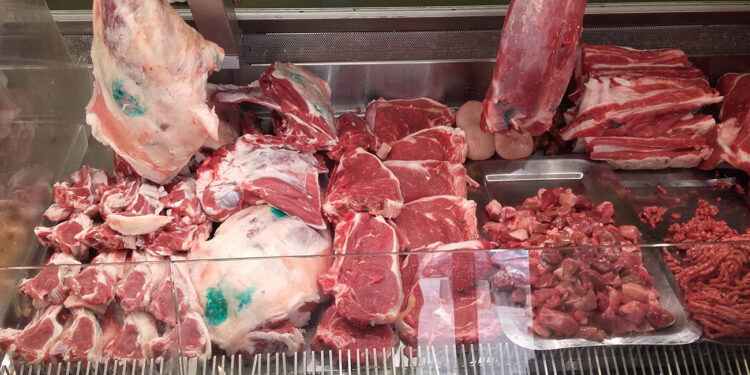Tunisia lives to the rhythm of its food prices. After bread, sugar and oil, it is now red meat that crystallizes tensions between purchasing power, state regulation and climatic hazards. The announcement of the import of massive cargoes of beef and sheep, offered at capped prices – 37,900 dinars/kg for beef and 38,900 dinars/kg for the lamb – translates the government’s desire to curb the pricing. But this measure, if it temporarily relieves consumers, also raises background questions.
The mirror of an unbalanced market
For months, the price of the lamb has exceeded the symbolic bar of the 60 dinars per kilo in certain regions. Unbearable inflation for average households, whose consumption of red meat is reduced as a skin of sorrow. This flight is explained by an implacable equation: persistent drought, collapse of local production and speculation. The state is trying to respond to it by regulation and importation, but it is a palliative, not a structural solution.
A firefighter in the face of speculation
The creation of pilot points of sale, the mobilization of the company Ellouhoum and the direct distribution aim to short-circuit the intermediaries. However, as Ramzi Trabelsi, director of the Prix Observatory, illegal practices in catering and grills, have been recalled. In other words, the state plays the firefighter: it turns off the fire on one side, while speculation turns on the embers on the other.
The real challenge: self -sufficiency
Behind these imported cargoes hides a crucial question: can Tunisia still guarantee its food sovereignty in red meat? The joint initiatives of the Ministries of Commerce and Agriculture to strengthen the cattle and sheep livestock go in the right direction, but they are long term. By then, each price increase will recall the fragility of our agricultural model and dependence on external markets.








